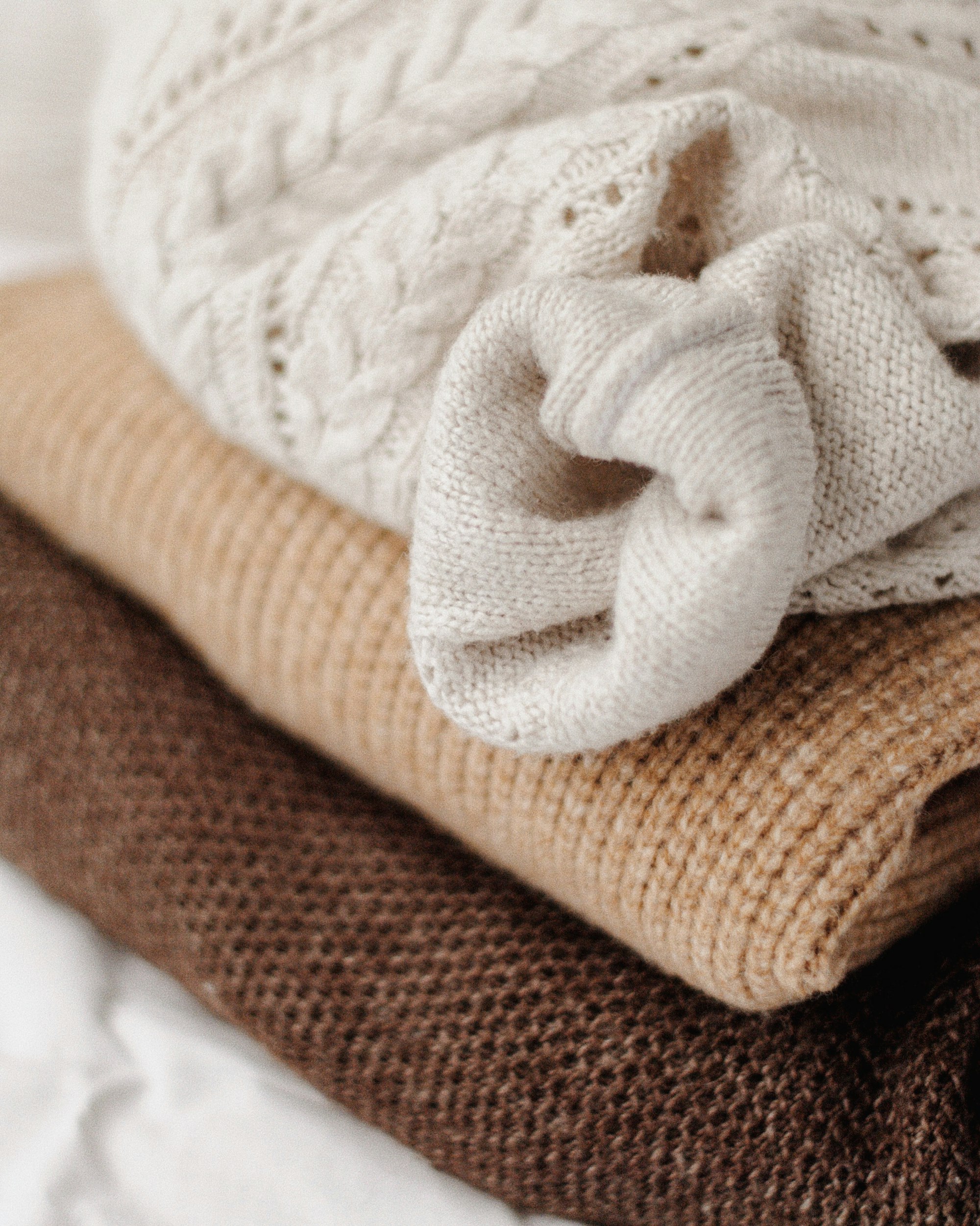Kay Ryan, "Linens"
We believe in the behavior which looks positive. We believe so much that we find signs. Signs of something we wish was real.

Greetings! I have things to share
Hi everyone--
Reading a bit on Kant's "What is Enlightenment?" to be better prepared for class, but also reading Yiyun Li's magnificent "Dear Friend, from My Life I Write to You in Your Life." It's hard to put down. She chronicles her struggles with exacting detail and isn't afraid to let the reader be angry at her. It's a stark book with an incredible level of honesty. I'm very grateful for it.
A few things I think you might find valuable:
- Blaire Erskine on the guy who complained Disney was too "woke" (video): I spend too much time on Twitter, but it does pay off. Yes, a grown man complained about how Disney wasn't catering to his, um, sensibilities. This may be the greatest response to anything in the history of the world, but especially that idiot.
- Melissa Ryan's "The Enemy Within" does a good job giving very specific examples of who is taking over the Republican Party and what they're up to. Also, if you're not worried enough after that, there's this, from NBC News: "There are hundreds of posts about plans to attack the Capitol. Why hasn't this evidence been used in court?"
Kay Ryan, "Linens"
“Linens” is rare for Kay Ryan. The poem continually, deliberately increases tension with and within each sentence. But to what end?
It does serve as an illustration and critique of “sublimation,” an ego defense where impulses are dealt with in acceptable ways. Again, the tension builds throughout the poem: the “charms / that forestall harm” clearly will not “forestall harm” forever. The “exquisite / care with the napkins,” as all of us know, will turn into a messy, ugly shouting match or worse.
Linens (from Poetry) Kay Ryan There are charms that forestall harm. The house bristles with opportunities for stasis: refolding the linens along their creases, keeping the spoons and chairs in their right places. Nobody needs to witness one’s exquisite care with the napkins for the napkins to have been the act that made the fact unhappen.
***
Ryan’s first lines sound like they’re from a nursery rhyme. Are they a spell— a “charm”—themselves?
“There are charms / that forestall harm.”
We believe in the behavior which looks positive. We believe so much that we find signs. Signs of something we wish was real.
It’s not unlike being in love. I remember wanting to see someone everywhere. So I did. She was none of the people I saw, of course.
The funny thing is that we know ourselves this much. I know I can do something that seems constructive out of spite. And I can use that as justification when I explode.
It looks like magic is at stake, but this is a cursed realm I’m describing. By contrast, Ryan’s lines are unrelentingly optimistic.
***
Maybe there really are charms which forestall harm. In my experience, there’s a reckoning with the cost. Sure, I could sit around and seethe. But then if I hurt someone else? The desire to do no harm emerges, and I can’t say it’s not charming.

But is “do no harm” itself a “charm?” On the one hand, yes. No matter what, even the most well-meaning efforts can’t prevent people from being hurt. The commitment to not do anything to make it worse helps. Repair starts with a cessation of further damage.
On the other, Ryan lists some very specific and problematic charms. “The house bristles / with opportunities / for stasis.” Stasis we recognize as “standing still,” but in Ancient Greek, stasis was civil war. Revolution gone wrong. Every thing still because life had effectively ceased, society unable to fulfill its most basic purposes.
***
Three charms present themselves.
“Refolding / the linens along / their creases” is the first. We’ve done laundry. We want clothes, sheets, towels, and decorative cloths to present well in storage. A private monument to a private, individual order.
“[K]eeping / the spoons and chairs / in their right places” is the second. More than one may seat themselves and dine. Like the spoons, they are expected to sit where they are assigned. My orderliness, good for the linens, is good for others.
Finally, there’s “exquisite / care with the napkins.” This is about far more than people. The napkins are “the act / that made the fact / unhappen.”
The order I impose is the charm that forestalls harm. That’s what I’m thinking about. It’s a strange proposition, filled with ironies and twists. It’s true to a degree. How I deal can make things a lot better or a lot worse. But I can make a fact “unhappen?” No, no—here I rebel, here the charm is a mere charm, a wisp of a spell, a thin and fruitless veneer.
Yeah, I can pretend something didn’t happen. I can do this for years. It will always catch up to me in some way.
The harm primarily comes from oneself. It’s not about making facts “unhappen.” It’s about waking up to the fact I am my worst enemy. Trapped in all the rituals, wrapped in all the linens, I’m not seeing how lonely the whole situation is.
